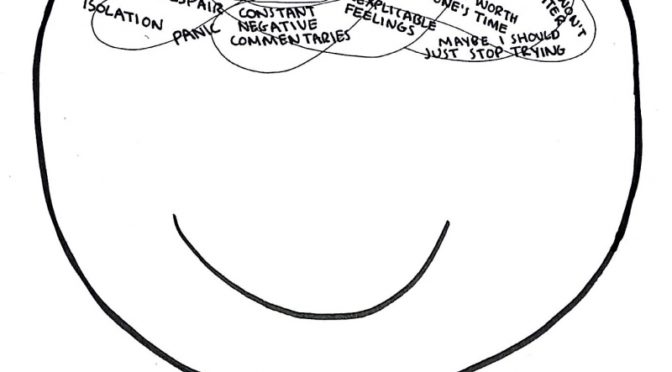The Importance of Fathers
Posted by Sam McManigle

Father’s Day is a special day to celebrate all the fathers in our lives. It is a time to show our appreciation for their love, support, and guidance. Fathers play a vital role in the development of their children, and their influence can be felt for a lifetime. The importance of fathers cannot be overstated.
Here are some of the reasons why fathers are so important:
- They provide love and support. Fathers are a source of love and support for their children. They are there to comfort them when they are sad, to cheer them on when they are happy, and to help them through tough times.
- They teach their children important life skills. Fathers teach their children important life skills, such as how to be responsible, how to work hard, and how to be kind and compassionate. They also help their children develop their talents and interests.
- They serve as role models. Fathers serve as role models for their children. They teach their children what it means to be a man, a husband, and a father. They also show their children how to be responsible, how to work hard, and how to be kind and compassionate.
Fathers play a vital role in the development of their children, and their influence can be felt for a lifetime. On this Father’s Day, let us all take a moment to thank our fathers for all that they do.
Here are some specific ways that fathers can positively impact their children’s lives:
- Be present. The most important thing that a father can do for his children is to be present in their lives. This means spending time with them, listening to them, and being involved in their activities.
- Be a role model. Children learn by watching the adults in their lives. If a father wants his children to be kind, compassionate, and responsible, he needs to model those qualities himself.
- Set high expectations. Fathers should set high expectations for their children. This doesn’t mean that they need to be perfect, but they should expect their children to work hard, do their best, and be respectful of others.
- Be supportive. Fathers should be supportive of their children’s dreams and goals. They should encourage them to follow their passions and to never give up on their dreams.
- Be patient. Parenting is a journey, and it’s important to be patient with yourself and your children. There will be ups and downs, but if you’re patient and loving, you’ll get through them together.
Fathers play a vital role in the lives of their children. By being present, being a role model, setting high expectations, being supportive, and being patient, fathers can help their children grow into happy, healthy, and successful adults.
How to Celebrate Father’s Day There are many ways to celebrate.
Here are a few ideas:
- Spend time together. The best way to celebrate Father’s Day is to spend time with your father. Go on a hike, play catch, or just sit and talk.
- Give him a gift. A gift doesn’t have to be expensive. A homemade card, a framed photo, or a gift certificate to his favorite store will show him how much you care.
- Make him a meal. Cooking dinner for your father is a great way to show him how much you appreciate him. He’ll love a home-cooked meal, especially if it’s his favorite dish.
- Write him a letter. A letter is a personal way to express your love and appreciation for your father. Tell him how much he means to you and why you’re so grateful to have him in your life.
- Take him out to his favorite place. If your father has a favorite restaurant or activity, take him out to enjoy it. He’ll love spending time with you and doing something he enjoys.
Overall no matter how you choose to celebrate Father’s Day, make sure to let your father know how much you love and appreciate him. He deserves it!
Read More
 View Our Locations
View Our Locations Request Appointment
Request Appointment









